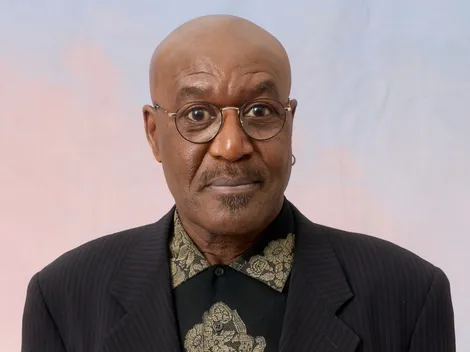One of the trending series on Netflix this week, according to FlixPatrol, is the documentary “Crime Scene Berlin: Nightlife Killer.” The show, which premiered on April 4, has now reached the ninth spot of the global Top 10 on the platform.
The docuseries focuses the investigation of a series of murders that took place in the German capital in 2012. It centers around how police worked to track down the killer, at first known as the Darkroom Killer, despite the fact that only one of the crimes took place in a dark room of a gay club.
The three-part documentary explains the method used by the murderer, who targeted young men. However, it’s mostly told from the police point of view, shredding light at how they failed to link the murders at first.
Who was the real Nightlife Killer?
As the docuseries explains, all the victims were men, which were drugged, robbed and murdered. While at first the police thought the cases were isolated and didn’t have a correlation. However, a man, named Miroslaw Wawak, survived an attack, but his wallet was stolen.
After the murderer used Wawak’s credit card to buy a train ticket, police were able to identify him as a 39-year-old with the alias Dirk P. He was a trainee teacher at an elementary school in Brandenburg with no criminal record.

Police officer Andreas Voges in Crime Scene Berlin: Nightlife Killer (Netflix)
After that, he was sentenced to life imprisonment in June 2013. However, the killer’s motivations aren’t really clear, even after the docuseries uses some of his own statements during the course of the episodes.
Per Radio Times, Judge Peter Schuster said in his verdict that while “greed” was the primary motive, the killer had “wanted to feel total power over others and revel in it”. Dirk P died in prison in 2014, and it’s presumed that he took his own life.





